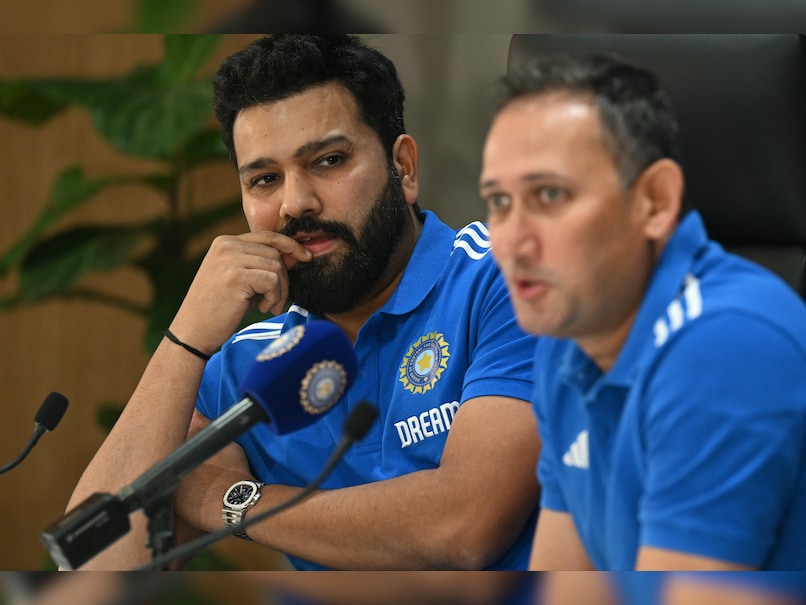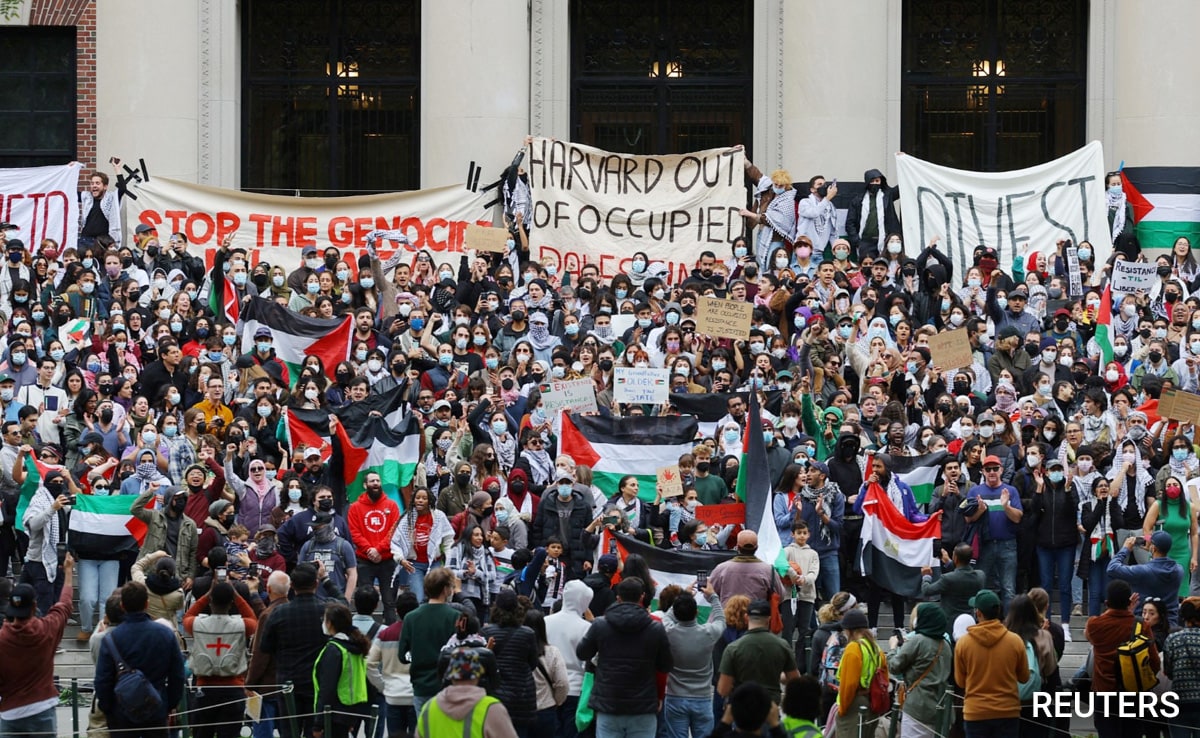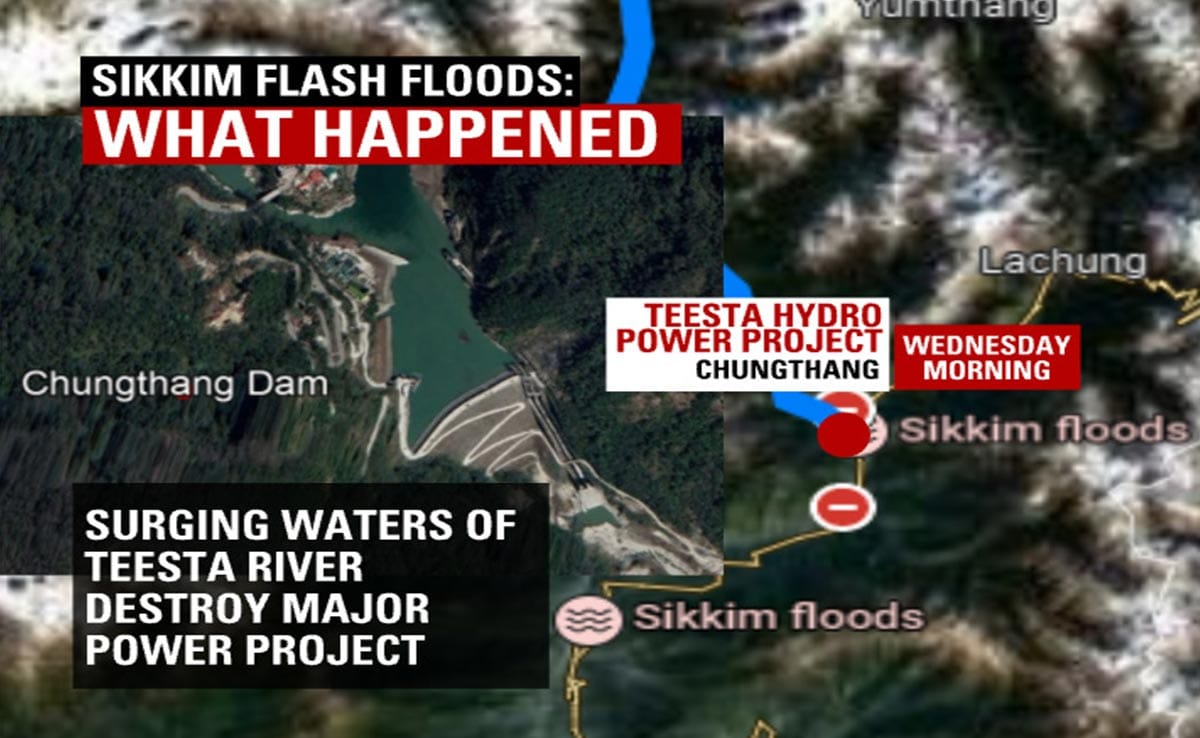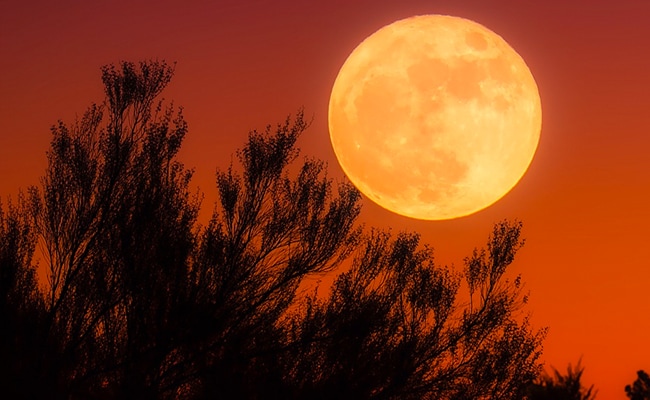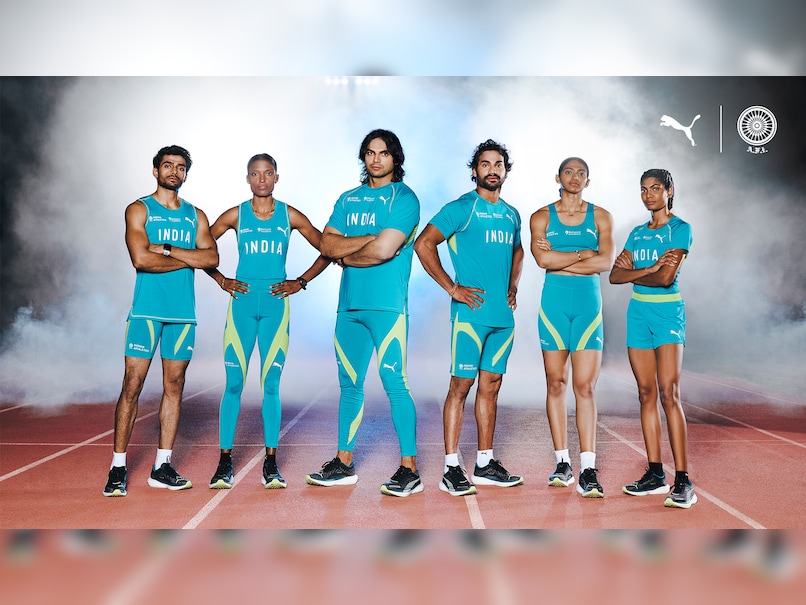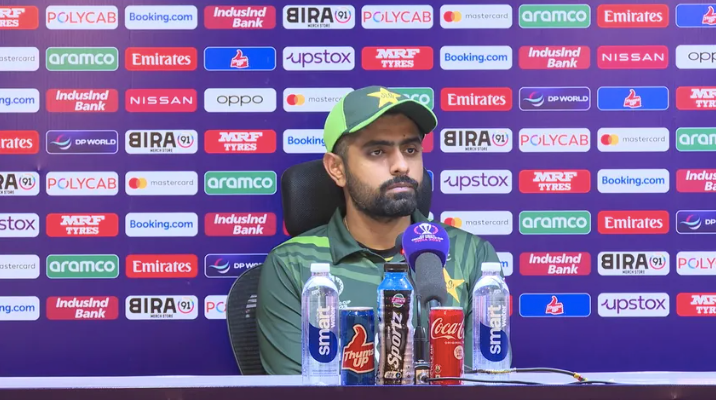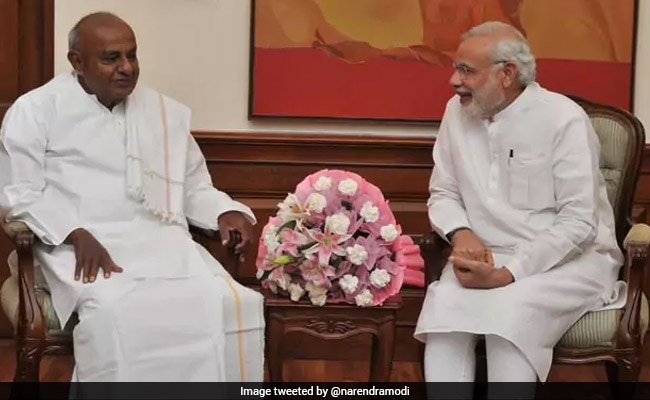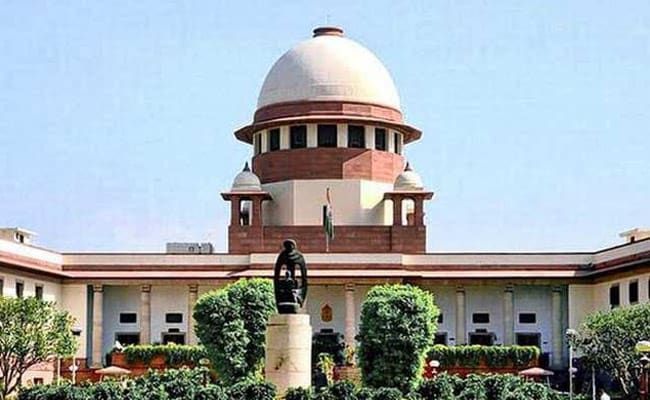Janata Dal (Secular) boss HD Deve Gowda and Prime Minister Narendra Modi (File).
Bengaluru:
Four months ago, the Bharatiya Janata Party and the Janata Dal (Secular) slumped to humiliating defeats in the Karnataka election. The BJP won just 66 seats and was ousted from power and the JDS was left, many thought, on the brink of irrelevance after winning only 19. The Congress claimed a thumping, and unexpected, win with 135 seats.
The 2024 Lok Sabha election in Karnataka now becomes crucial for both the BJP and the JDS, who have announced a pre-poll alliance but have not yet revealed seat-sharing details.
The BJP-JDS Tie-Up
Senior BJP leader BS Yediyurappa ‘broke’ the news last week and said the JDS would get four seats (of the state’s 28 Lok Sabha seats) as part of the deal. This was denied by BJP sources and later by JDS leader HD Kumaraswamy, who said “these have not yet been discussed”.
READ |Will They, Won’t They? On Talk Of BJP-JDS Deal In Karnataka, HD Kumaraswamy Says…
Mr Kumaraswamy, a two-time former Chief Minister and the son of JDS patriarch HD Deve Gowda, also played down reports his party had demanded the Mandya and Tumkur seats. He insisted no such demands had been made.
Why Does The BJP Want A JDS Alliance?
Statistically, the JDS’ results in the 2023 Assembly and 2019 Lok Sabha polls don’t make a deal a sensible option for the BJP. In the former it got less than 14 per cent of the votes – up from the nine-odd per cent four years earlier. And, in each election the BJP outscored the JDS. In 2023 it won 36 per cent of the votes and, in 2019, it swept the state.
READ | As Opposition Teams Up For Big 2024 Fight, BJP Plans A Pact In South
So why does this deal make sense for the BJP?
Because the JDS still has sway in eight Lok Sabha segments in the Old Mysuru region. These include Mandya, Hassan, Bengaluru (Rural) and Chikballapur – seats it allegedly wanted as part of the deal. It also includes Tumkur, the seat Mr Deve Gowda lost from in 2019.
2023 Karnataka Assembly Election Results
Also, the JDS’ influence over Vokkalinga voters will strengthen the BJP’s hand. And that may be the kicker, as the Congress is seen as having made successful inroads into the traditionally BJP-voting community.
What the BJP may also want to consider is that a tie-up on this ground didn’t seem to help the Congress in 2019; remember, Prime Minister Narendra Modi’s party still won 25 seats.
Ultimately, the BJP will hope a JDS tie-up brings back memories of its 2006 coalition.
JDS Remains Defiant
The trends do not worry Deve Gowda, who told reporters “we contacted Modiji, when BJP leaders expressed their desire to talk”. “… not for Deve Gowda to become Prime Minister again… to save this party I have nurtured for 40 years,” he said.
He also explained why he believes the BJP needs him. He admitted the latter has votes in the segments in which his party is seen as influential, but “BJP shouldn’t think JDS has nothing”.
There were also warnings for other seats. “In Bijapur and Raichur BJP can win only if you get my party’s strength… if not you cannot win. In Bidar and Chikkamagaluru too we have votes.”
NDTV’s June Report On BJP-JDS Alliance
In June, sources told NDTV of the possibility of a BJP-JDS alliance.
The BJP is now without a government in South India. The party was booted out of Tamil Nadu in 2021 and routed in Kerala. Both Telangana and Andhra Pradesh have also proven resistant.
Of these states, Telangana votes for a new government later this year and the BJP is eager to have local footprints in each state as it builds back up ahead of next year’s mega election. With that in mind, the AIADMK alliance has been renewed and talks are also on with smaller Kerala parties. The BJP is already in a coalition government in Puducherry.
With input from agencies

